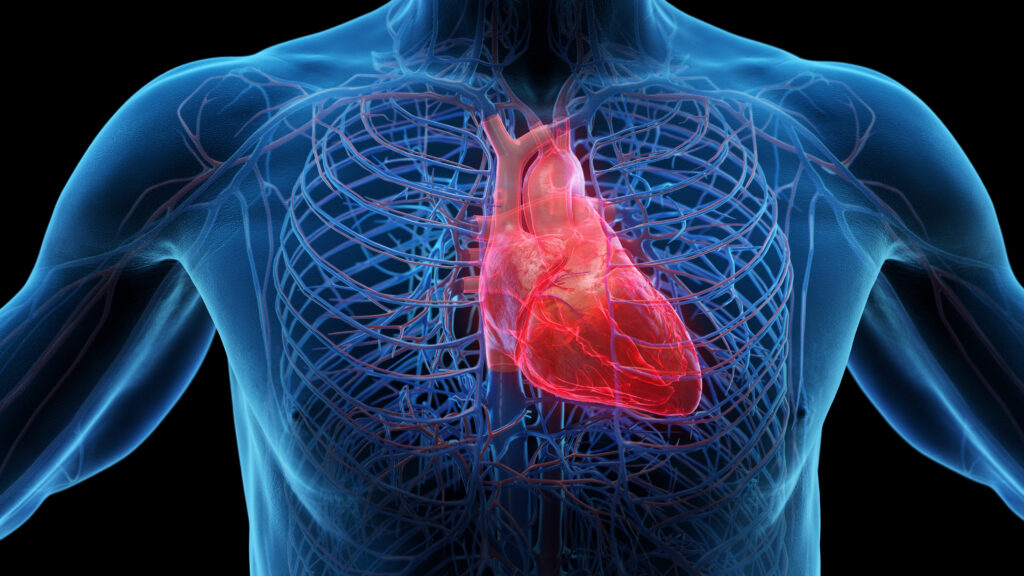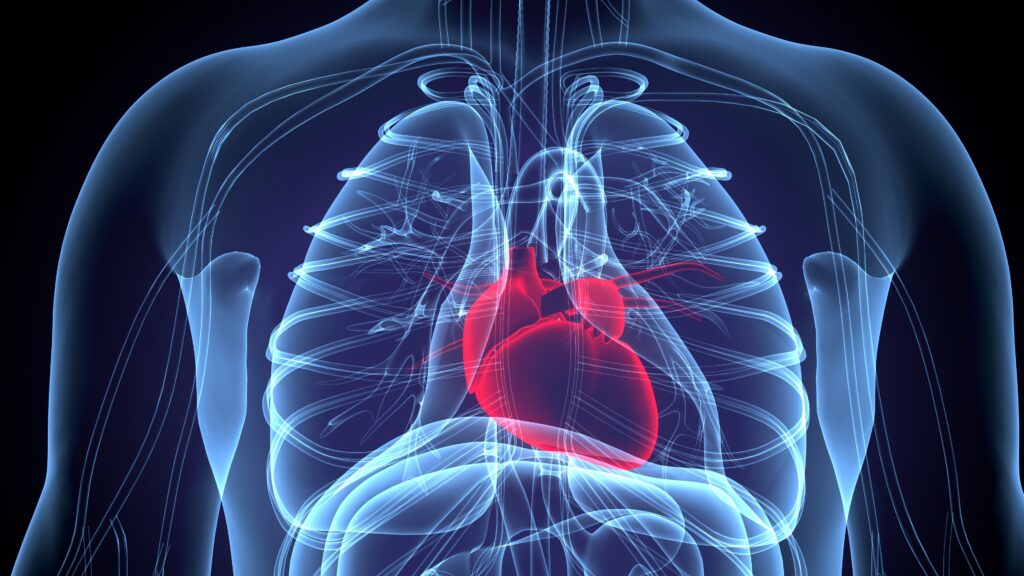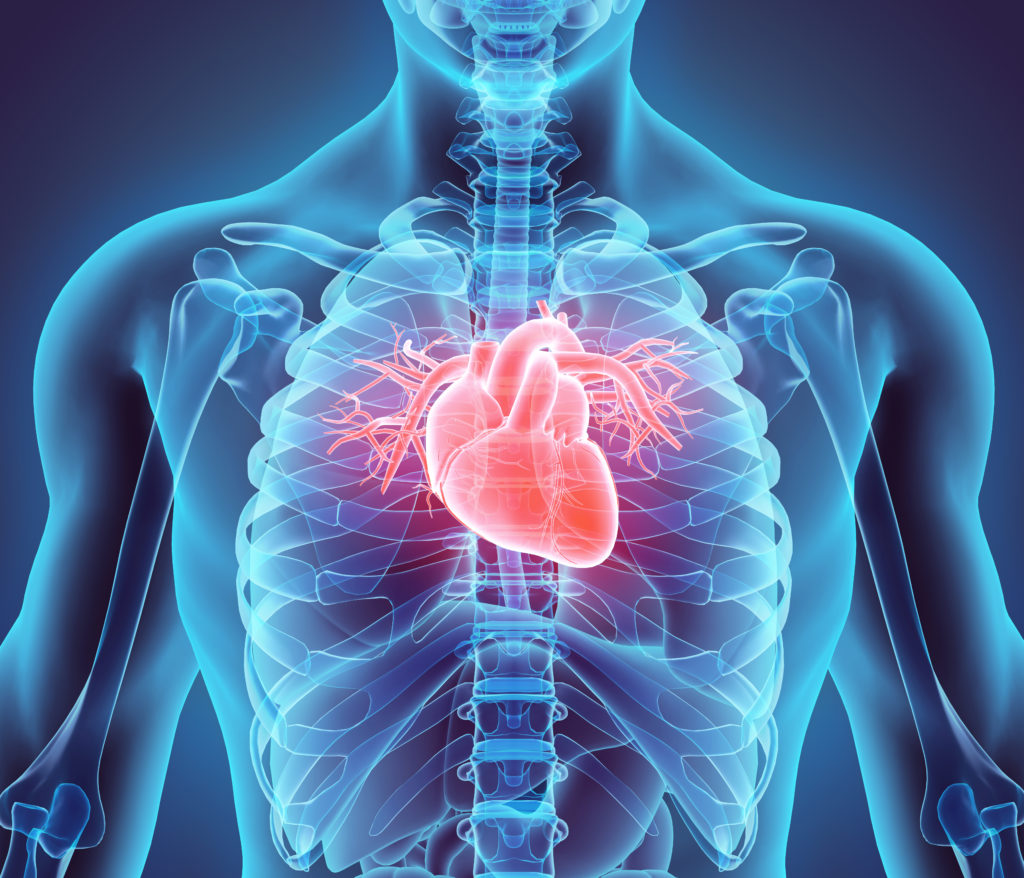Background and aim of the study: Recurrence of atrial fibrillation (AF) after radiofrequency ablation (RFA) of pulmonary veins is still an ongoing problem and its predictors have not been fully determined. Aim of this study was to identify whether Plasminogen Activator Inhibitor 1 (PAI-1) can predict the development of post-ablation AF recurrence.
Methods: We enrolled 75 adult patients undergoing RFA of pulmonary vein for AF, who had sinus rhythm within 3 months after ablation. Follow-up data were assessed and plasma PAI-1 levels were measured at 3, 6, 9 and 12 months after RFA.
Results: Patients who developed recurrence of AF after ablation (16 subjects, 21.3%) more likely to have a remote history of AF (p<0.001). PAI-1 levels in the blood were significantly higher in patients who have developed post-ablation AF than in patients with SR after ablation (p=0.012). Logistic regression identified the remote history of AF (p=0.001) and post-ablation PAI-1 levels (p=0.022) as independent predictors of post-ablation AF. The Chi-squared automatic interaction detection (CHAID) model indicated that post-ablation PAI-1 antigen level determined risk of AF (12.5% for PAI-1 ≤28.5 ng/mL versus 45.3% for PAI-1 >28.5 ng/mL).
Conclusion: An elevated PAI-1 antigen levels after RFA of pulmonary vein for atrial fibrillation could be an independent predictor for development of post-ablation AF. Further investigations are needed to determine whether drugs that reduce PAI-1 concentrations can also reduce the risk of post-ablation AF.














